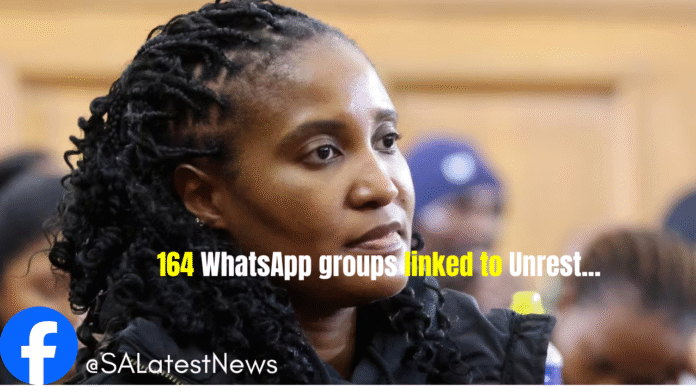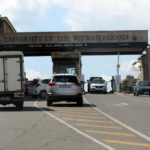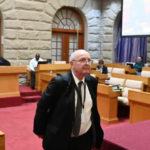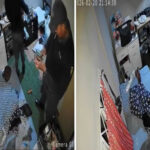Durban – A state witness has testified in the Durban High Court that Duduzile Zuma-Sambudla, daughter of former President Jacob Zuma, used her social media platforms to encourage the continuation of looting and civil disobedience during the devastating July 2021 unrest.
The case centres around the widespread unrest that engulfed parts of KwaZulu-Natal and Gauteng in July 2021, resulting in significant loss of life, widespread destruction of property, and severe economic disruption.
Zuma-Sambudla, now a Member of Parliament for the uMkhonto weSizwe Party (MKP), faces three charges of incitement to commit terrorism and two charges of incitement to commit public violence. The State alleges that her social media activity during that period actively encouraged violent acts, contributing to the destruction of property, the disruption of essential services, and the extensive economic losses experienced during the unrest.
At the heart of the prosecution's case is the claim that Zuma-Sambudla's social media posts, particularly those made during the height of the unrest, directly incited violence and encouraged further acts of looting and destruction. The prosecution team, led by Advocate Yuri Gangai, presented video clips and social media posts allegedly made by Zuma-Sambudla to the court. One post, dated 9 July 2021, read: "Shut down KZN, Shut down roads, factories, shops and government #freeJacobZuma".
The witness, Sara-Jane Trent, a former employee of forensic investigator Paul O’Sullivan, told the court that she had personally laid charges against Zuma-Sambudla. Trent explained that her decision to do so was motivated by a fear that the violence and chaos unfolding in KwaZulu-Natal would spread to Johannesburg, where she resided.
Trent elaborated on her reasons for believing that Zuma-Sambudla's social media posts constituted incitement to violence, stating that the posts featured images of burning trucks and men brandishing weapons. However, she emphasised that it was the accompanying messages that led her to conclude that the tweets were intended to incite further violence.
“My Lord under these images the accused wrote encouraging messages for people to continue what was happening. If this is not incitement of violence, I do not know what it is,” said Trent, offering a powerful statement to the court.
Trent's testimony provided a crucial perspective on the impact of Zuma-Sambudla's social media activity during the unrest. She argued that the posts, taken in context with the images they accompanied, were clearly intended to encourage further acts of violence and disruption.
At the start of the trial on Monday, Zuma-Sambudla pleaded not guilty to all charges. The defence team, led by Advocate Dali Mpofu SC, is expected to cross-examine Trent later on Tuesday. This cross-examination will likely focus on challenging Trent's interpretation of the social media posts and questioning her motives for laying charges against Zuma-Sambudla. The defence will likely argue that the posts were taken out of context and that Zuma-Sambudla did not intend to incite violence.
The outcome of this trial is of significant public interest, given the high profile of the accused and the sensitive nature of the charges. The trial is expected to shed further light on the events surrounding the July 2021 unrest and the role that social media played in fuelling the violence. The trial continues.

Follow Us on Twitter











